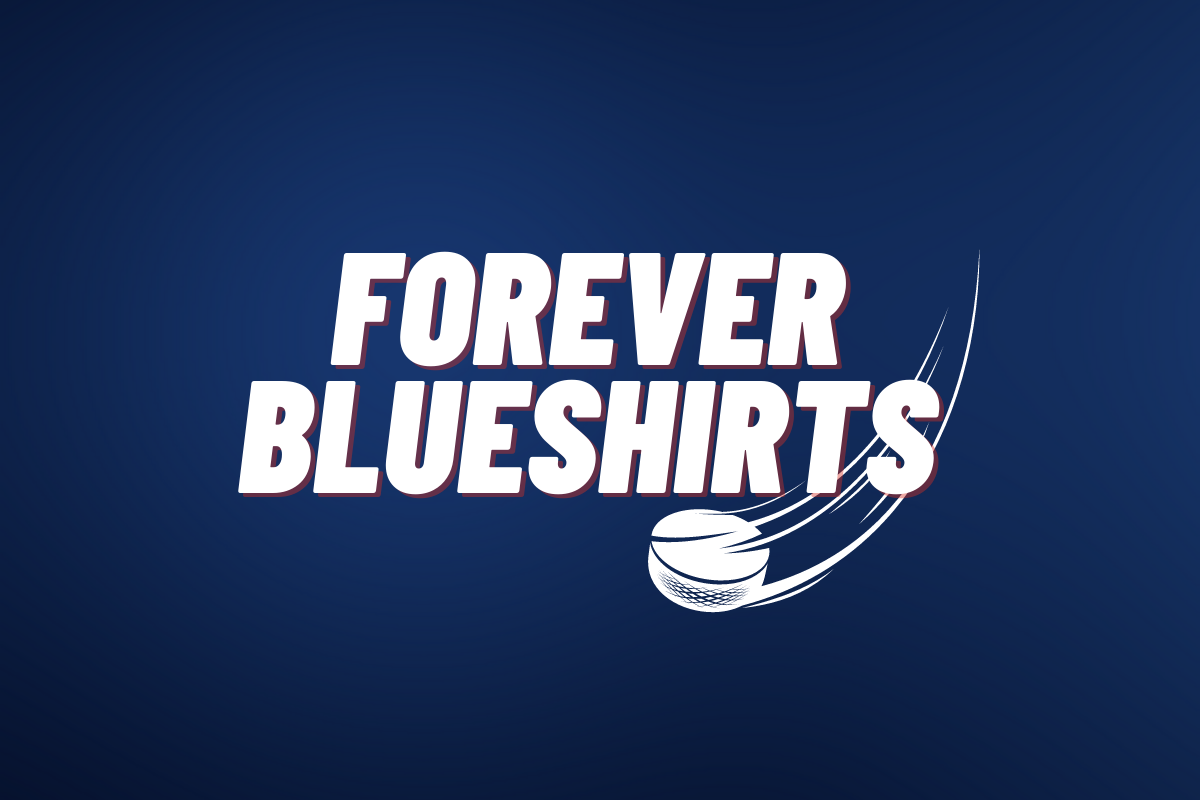If you are expecting Gorton to buyout Girardi or Staal, don’t hold your breath
The Stanley Cup Playoffs are over, and now the fun begins. ‘Tis the season of rumors: trades, free agents, drafts, and buyouts. This time of the year, every Rangers fan gets to put on their GM hat and spew their best trades and clever signings that will put the Blueshirts over the top, once and for all. Everybody and their dog has the perfect acquisition or transaction that will finally lead us to the canyon of heroes this time next year, for the first time since 1994.
Buyouts Are Bad
I follow some sharp hockey minds on social media to read their insights, inside info, and ideas hockey in general. Some are pro hockey media, and some are learned fans. But the one notion that really makes me cringe is the idea of the buyout. A buyout is a really bad idea for a hockey organization. It is the gift that keeps on giving, in reverse; the curse that keeps on cursing? A very popular idea in Rangerstown is to buyout Dan Girardi and/or Marc Staal. While it might seem like a good idea now, it couldn’t be a more destructive idea. A buyout would only placate the team in the short-term while crippling it in the long term.

Getty Images
A buyout of Girardi would leave dead space of $2.61 million next season, saving the team just under $3 million. But then, in the next TWO seasons, that number leaps to $3.61 million, leaving just $1.9 million in savings. And for the cherry on top of this horrible sundae, we get $1.1 million in dead cap space that can’t be touched for three additional years, just to remind us how stupid the idea was in the first place.

Getty Images
As for Marc Staal? Just say no! Find another way! Let me illustrate why: In years one and two, the hit isn’t bad at $2.13 million, saving the Blueshirts $3.56 million. In year three, it jumps to $3.13 million, leaving the team $2.56 million in savings. And, get this, in year four, the dead space would be $3.93 million, allowing for just $1.76 million in savings! And after all of that, there are an additional four years, with $1.43 million in cap space, that cannot be used.
Logically, you look at those numbers, and have to at least pause. There are some folks out there that want both of those players bought out. Those numbers, if added is just cap suicide.
Now, rationally put yourself in Jeff Gorton’s shoes. A buyout of either player will hamstring your team financially, for so many years, that he probably wouldn’t be here by the time it was off the books. As GM of a team that play at or near the salary cap, do you want to choose to play under the cap for 6 or 8 years? Yes, Marc Staal and Dan Girardi no longer fit the Rangers style of play. But there is a smarter way of moving them.
Bribe Deals
If all of these numbers aren’t convincing enough, look at what other teams have done in the past. The Chicago Blackhawks favor the “bribe deal”. Last summer, Chicago traded Teuvo Teravainen with Bryan Bickell (bad contract) to Carolina for a second round pick and a third round pick. Teravainen, a promising young player, was enticing enough to Carolina to take on that contract.
This method seems to be a favorite of the Blackhawks, as rumors indicate that they will be giving (through trade or not protecting) Trevor Van Riemsdyk to Vegas, as long as they take Marcus Kruger and his $3.1 million salary cap hit.
While other teams like the Islanders famously, or infamously, bought out Alexei Yashin with, coincidentally, four years left on his deal, it left them with $2.2 million in dead cap space. Quite simply, which of those teams has a history of doing things the right way, and which has a history of doing them the wrong way?
Make Good Decisions
What all of this boils down to, is that there is no game changing player out there that would make buying out either of those contracts a good financial decision. In June of 2011, the Rangers did buy out the injured Chris Drury and spent the $3.3 million in savings on Brad Richards and their own free agents. The difference there was Drury had one year left on his deal. So the dead cap space was around $3.2 million for one year and $1.66 million for the following season.
The bottom line is you can’t, as a general manager, handicap yourself and your team by lowering your cap hit for six or eight years. It will eventually contribute to getting you fired, in all probability; and that same decision could then impede you getting another job. Jeff Gorton is a creative man, and I look forward to seeing what moves he makes to reshape the team. Just don’t hit the buyout button and if what sources tell me are true…he hates that option and we won’t likely see it.
More About:NYR Features News & Rumors

